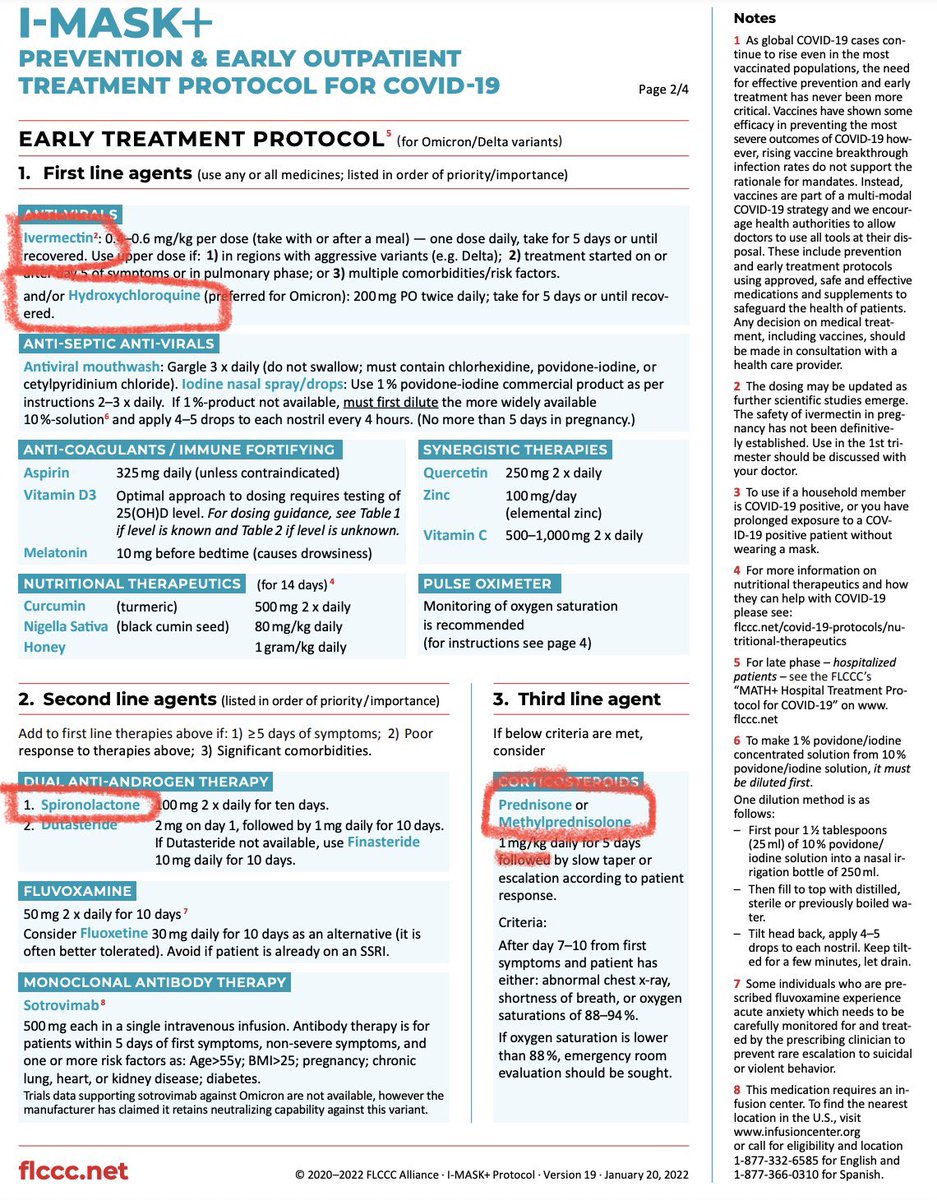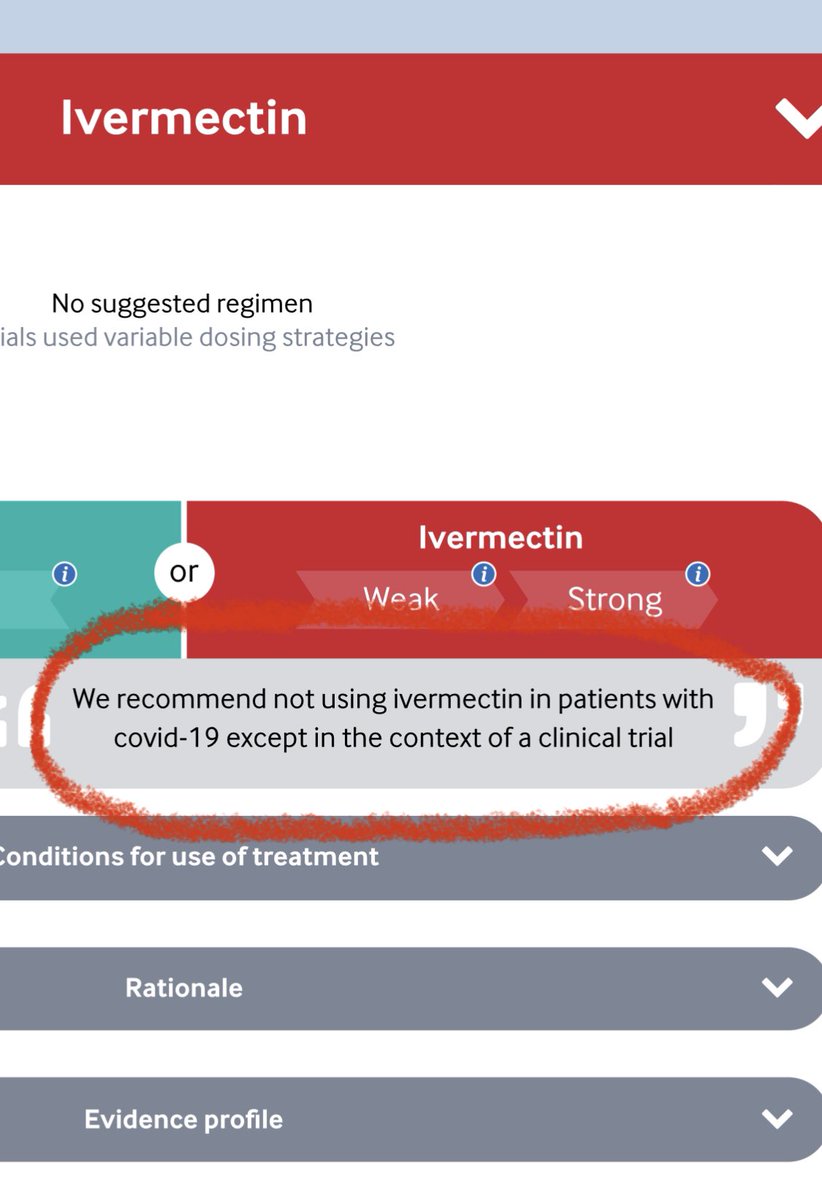
Do you want to improve working conditions for residents/fellows in WA?
The WA legislature is voting on HR1764 which would allow interest arbitration in collective bargaining.
This would go a long way towards correcting the power imbalance between administration & residents.
1/
The WA legislature is voting on HR1764 which would allow interest arbitration in collective bargaining.
This would go a long way towards correcting the power imbalance between administration & residents.
1/
Under the current system of negotiation, residents can *request* certain changes: safe working conditions, sufficient PPE, hazard/overtime pay, etc.
Administrators (who are often non-clinical) just say NOPE.
Because residents can’t/won’t strike they don’t have much leverage.
2/
Administrators (who are often non-clinical) just say NOPE.
Because residents can’t/won’t strike they don’t have much leverage.
2/
When we formed the UWHA/@RFPU_NW resident union we spent YEARS fighting with administrators over these issues.
Ultimately we got lucky. Pressure from the city council & media attention helped us break the logjam.
There ought to be a better way.
3/
dailyuw.com/news/uw-medica…
Ultimately we got lucky. Pressure from the city council & media attention helped us break the logjam.
There ought to be a better way.
3/
dailyuw.com/news/uw-medica…
Here’s where interest arbitration comes in.
Instead of disagreements between employers & employees leading to impasse, under interest arbitration, an neutral arbitrator reviews both parties testimony & proposals.
The arbitrator, not the employer, decides what’s “fair.”
4/
Instead of disagreements between employers & employees leading to impasse, under interest arbitration, an neutral arbitrator reviews both parties testimony & proposals.
The arbitrator, not the employer, decides what’s “fair.”
4/

Interest arbitration is usually reserved for collective bargaining groups that can’t strike, such as public safety (police, fire, etc).
HB1764 would expand interest arbitration in WA and expand it to cover residents/fellows too.
As Biden would say, “this is a big… deal”.
5/
HB1764 would expand interest arbitration in WA and expand it to cover residents/fellows too.
As Biden would say, “this is a big… deal”.
5/
BUT it’s not a done deal yet.
#HB1764 made it out of committee. There will be a public hearing tomorrow (Thursday 2/3). This will largely determine the
This is where YOU can help.
6/
#HB1764 made it out of committee. There will be a public hearing tomorrow (Thursday 2/3). This will largely determine the
This is where YOU can help.
6/
3 things YOU can do to support residents bargaining rights:
1️⃣Note your support for HB1764 in the legislative record (takes just 30 seconds)
bit.ly/3Ho1e1D
2️⃣Submit written testimony (takes 5 min) bit.ly/3GnM1Ms
3️⃣Testify virtually
bit.ly/3L5hHdd
7/
1️⃣Note your support for HB1764 in the legislative record (takes just 30 seconds)
bit.ly/3Ho1e1D
2️⃣Submit written testimony (takes 5 min) bit.ly/3GnM1Ms
3️⃣Testify virtually
bit.ly/3L5hHdd
7/
Summary:
1️⃣residents/fellows are frontline workers in the pandemic, often asked to work extra shifts w/o extra pay
2️⃣administrators have little incentive to bargain when they can just say “nope”
3️⃣interest arbitration is an key tool to level the playing field
#ISupportHB1764
8/8
1️⃣residents/fellows are frontline workers in the pandemic, often asked to work extra shifts w/o extra pay
2️⃣administrators have little incentive to bargain when they can just say “nope”
3️⃣interest arbitration is an key tool to level the playing field
#ISupportHB1764
8/8
• • •
Missing some Tweet in this thread? You can try to
force a refresh


















